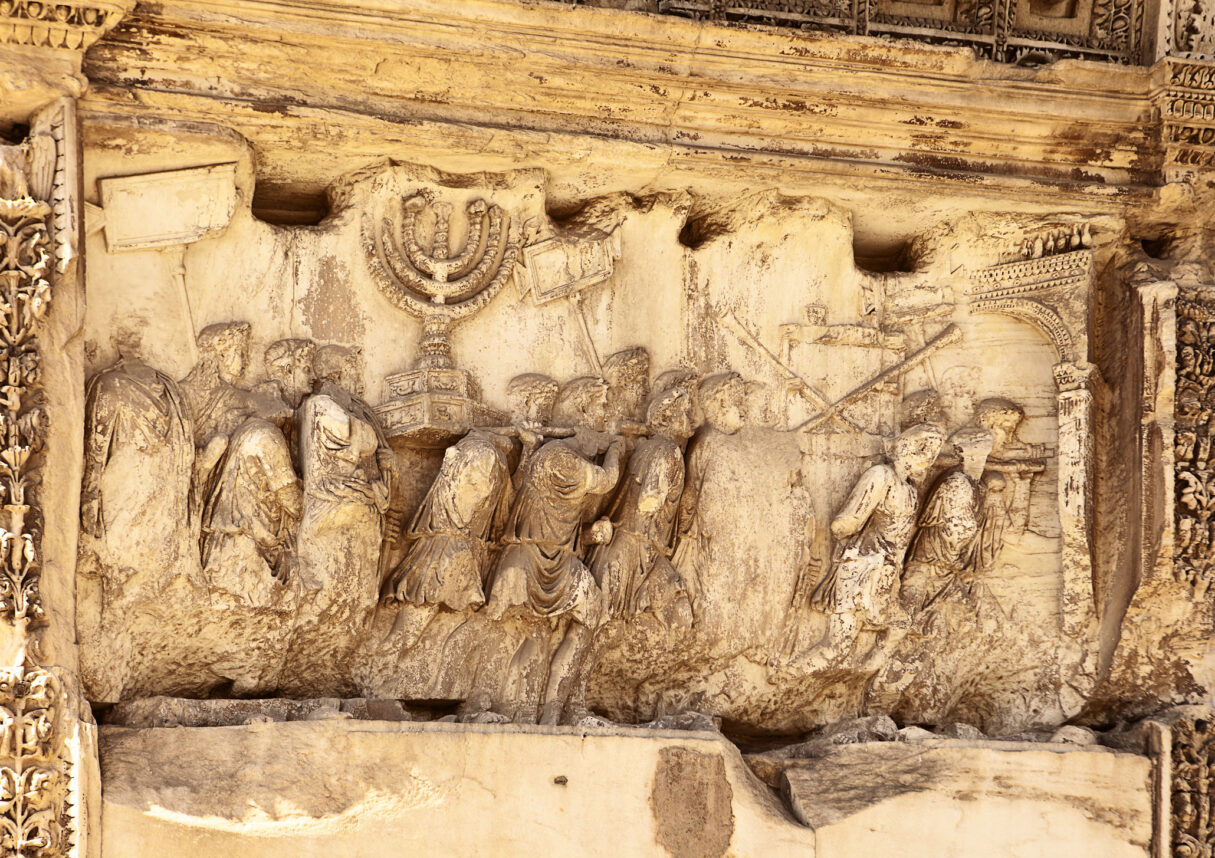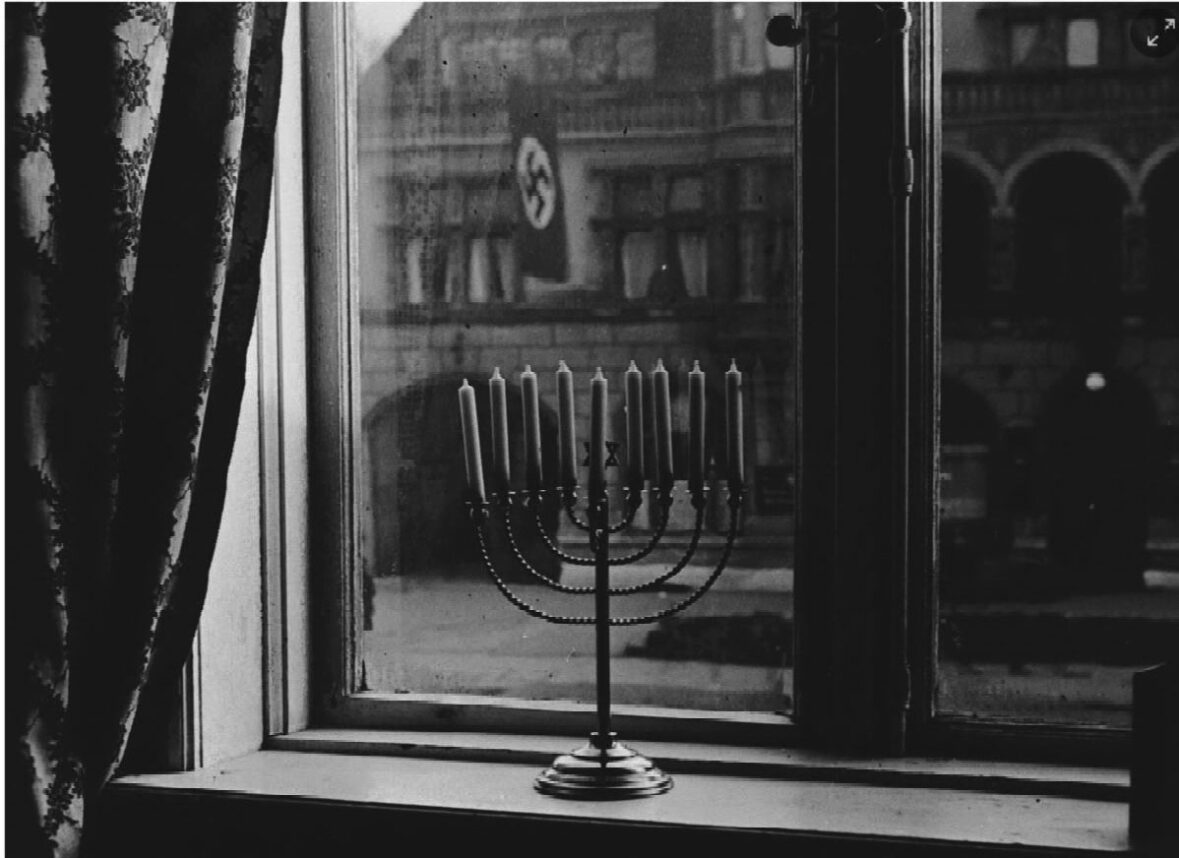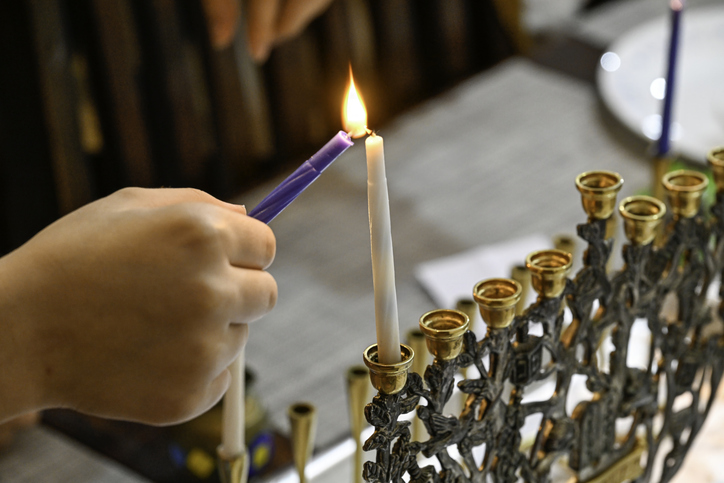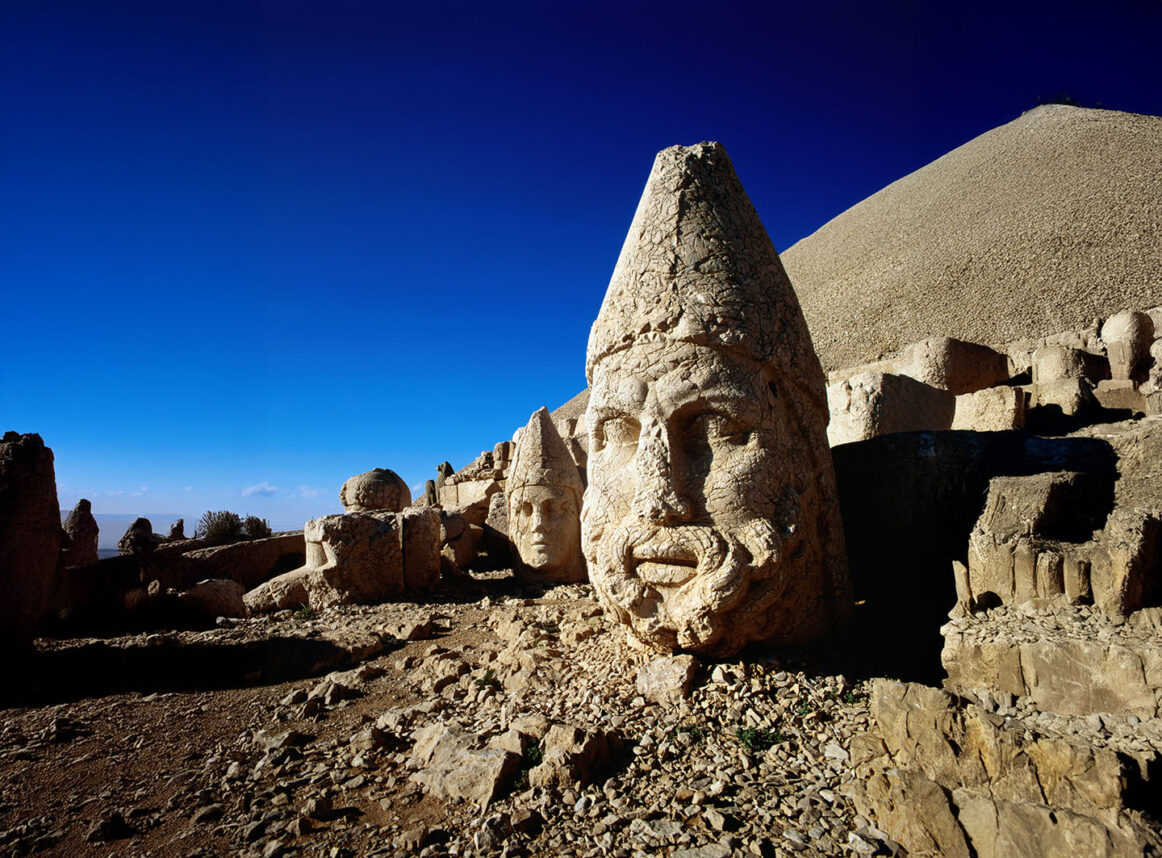Recently, stories reported by Israeli newspaper Haaretz and covered extensively in The New York Times revealed the darker side of operation “Cast Lead” in Gaza. Soldiers who participated in the fighting spoke about being trigger-happy, about not sticking to the ethical code of the Israeli army when it came to sorting the Hamas terrorists from the local, uninvolved Palestinian population.
Anyone who believes in the justice of Israel defending itself should nevertheless call for an independent and thorough investigation. If any of what was reported is true, those responsible should be severely reprimanded.
Critics of Israel wasted no time and accused Israel of committing war crimes. But we have been through this before. Israel has faced rushed accusations based on versions of the story told by Palestinians that turn out to be only partially true — and more often than not are exposed as lies and fabrications.
In the first Lebanon War of 1982, Palestinian propagandists floated the rumor that Israel had killed 10,000 people. The world media picked it up and without any serious checking, repeated the lie. It took weeks to refute it, and still, the libel stuck.
And remember the “massacre” in Jenin in 2002? After clashes between the Israel Defense Forces (IDF) and Palestinian terrorists, the secretary-general of the Palestinian Authority, Ahmed Abdel Rahman, said that thousands of Palestinians had been killed and buried in mass graves, or lay under houses destroyed in Jenin and Nablus.
Human shields
According to Lorenzo Cremonesi, the correspondent for the Italian newspaper Corriere della Sera in Jerusalem, who visited the camp on April 13, 2002, “it was all talk and nothing could be verified.” Cremonesi added: “At the end of that day, I wrote that the death toll was not more than 50 and most of them were combatants.” Two weeks later, Qadoura Mousa, director of Fatah for the northern West Bank, had to admit that the death toll was 56.
Cremonesi, who is a personal friend of mine, has been a longtime critic of Israel’s conduct vis-a-vis the Palestinians. His report, therefore, guided by his sound journalistic professionalism, carries much weight.
And it was the same Cremonesi who in the wake of the recent clash in Gaza went there to get a first-hand impression. On Jan. 22, he reported that Hamas had vastly overstated the number of civilian deaths in Gaza. He went on to confirm Israel’s allegations that Hamas had used civilians as human shields and used ambulances and United Nations buildings in the fighting. Those who tried to drive the terrorists away in order to protect their families were beaten.
Israel, however, never gets a fair deal in such cases. I’m not even talking about the lack of context by which Israel is always portrayed as the aggressor, even if it is acting in justifiable self-defense. I’m talking about the ritual by which later retractions are barely noticed. Such was the case with the allegation that Israel had intentionally shelled a U.N.-run school in Gaza. Everybody memorized headlines such as the one in The Independent on Jan. 7: “Massacre of innocents as UN school is shelled.” How many remember, or even know, that Maxwell Gaylard, the U.N. humanitarian coordinator in Jerusalem, later admitted that the IDF mortar shells fell in the street near the school, and not on the school itself?
Why am I telling you all this? Because whenever I see or hear allegations of Israeli war crimes, I have a sense of déjà vu. These kind of accusations need to be thoroughly investigated, and this is exactly what the IDF is doing right now. Furthermore, our vibrant press will not tolerate any whitewash. Yet this is a slow and complex process that takes time. Will Israel get that time or, as usual, will it be sentenced again by a field tribunal of impatient, hostile public opinion?
Uri Dromi is a columnist based in Jerusalem. Read Uri Dromi’s blog “
Did you enjoy this article?
You'll love our roundtable.
Editor's Picks



What Ever Happened to the LA Times?

Who Are the Jews On Joe Biden’s Cabinet?


No Labels: The Group Fighting for the Political Center
Latest Articles

The Miracle of Comebacks

Noa Tishby Launches Hanukkah Social Media Campaign

Where Faith Meets Understanding

Table for Five: Miketz

A Bisl Torah~Publicize Your Miracle…Tonight











 More news and opinions than at a Shabbat dinner, right in your inbox.
More news and opinions than at a Shabbat dinner, right in your inbox.